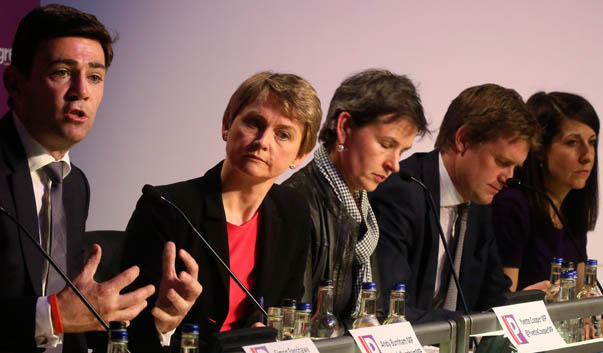Labour’s leadership election could turn into a battle for the soul of the party after its biggest donor hinted it could switch support to other parties if it doesn’t approve of the new leader.
Len McCluskey, general secretary of Unite, said the union might have to rethink its relationship with Labour unless “the correct leader emerges”, and hinted that some of his members in Scotland might prefer to start bankrolling the SNP instead.
What is Len McCluskey threatening?
Unite is affiliated to Labour and the union’s rules say it cannot support any other party’s candidates.
Mr McCluskey has hinted that could change at a conference in July when members will have the chance to vote for changes to the rules.
He said: “There’s already a number of resolutions from Scotland seeking to release them from the rule that kind of limits us just to the Labour Party.”
He has since back-pedalled slightly, saying: “This idea that we are considering disaffiliating from the Labour Party is nonsense.”
Who might Unite support instead?
The obvious hint was that the SNP could benefit from a change in Unite’s rules and start attracting the official support from the union.
Unite leaders have been saying for a while that their members in Scotland are increasingly voting for the nationalists, and the union did not campaign against Nicola Sturgeon’s party ahead of the election.
Mr McCluskey said: “The majority of my members during the general election voted SNP.” This would certainly fit with voting patterns across Scotland, although we haven’t seen any polling that stands this claim up.
The SNP are keen to point out that its Trade Union Group now has 15,000 members – allegedly more than Scottish Labour, though Jim Murphy has put the party on 20,000 members.
Alternatively, Mr McCluskey could make good on his 2014 threat to create a new “worker’s party” if Labour lost the election.
The RMT trade union – who were disaffiliated by Labour in 2004 – has already tried this, launching the Trade Unionist and Socialist Coalition (TUSC) in 2010.
The TUSC contested 135 parliamentary seats in the latest general election but only attracted 270 votes per candidate on average.
How can the unions influence the leadership election?
The unions have much less sway following Ed Miliband’s reforms to the system which helped him win the Labour leadership.
Under the old rules, unions and other affiliated organisations got a third of the votes, as did Labour MPs. Now all Labour members and registered or affiliated supporters get one vote each.
Registered supporters can vote for the next leader for as little as £3. Trade unionists who vote as “affiliated supporters” have to register as Labour supporters to vote.
Last week Channel 4 News’s political correspondent Michael Crick reported that many of the unions had been slow to sign their members up as affiliated supporters, and could have been seriously wrong-footed by a snap leadership election.
A longer contest, with a new leader expected to be in place before the party conference in September, has given the unions more time to get organised, and it’s possible that union members could make up the single biggest group of voters.
The unions also influence who is on the shortlist, as candidates need to be nominated by at least 35 Labour MPs to stand, and most MPs have a relationship with one union or another.
Would Labour be bankrupt without union support?
Not exactly but it’s funding would be cut almost in half, seriously denting Labour’s ability to compete with the Tories – unless there was a major change in the rules on party funding.
Electoral Commission figures show Labour received just over £123m in total donations (including public money) from 2010 to 2015. The lion’s share of that – about £58m – came from various trade unions.
Unite was the biggest single donor, giving about £21m to Labour over this period. Individuals gave £17m and companies just under £6m.
From 2010 to 2015 the Conservatives received a little more than Labour overall: £126m. Individual donors contributed nearly £83m to the Tories and companies £29m.
Of course it doesn’t have to be like this. The veteran Labour Frank Field said today: “I think we should move to a state where we have no trade union funding whatsoever.
“That, I think, itself would force the Government to face up – with them drawing large sums of money from donors – to the question about how do we fund political parties so that we are not tied to particular vested interests.”





